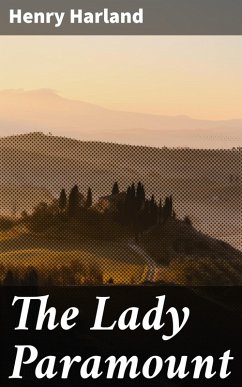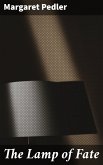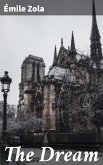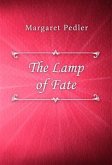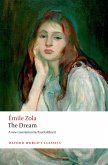Henry Harland's "The Lady Paramount" is a captivating exploration of social dynamics set against the backdrop of late Victorian England. With a deft blend of psychological insight and intimate character studies, Harland illustrates the intricate web of relationships among the upper echelons of society. His prose is marked by a delicate lyricism and a nuanced understanding of human emotion, evoking a compelling sense of place and time that immerses the reader in the era's complexities. The novel subtly critiques social hierarchies, particularly the roles of women, as it navigates themes of ambition, power, and desire through the life of its compelling female protagonist. Henry Harland, an influential figure in the literary world of the late 19th century, was well-versed in the artistic and social movements of his time. His background as a writer, editor, and prominent member of the literary community, particularly in the 'Yellow Book' movement, undoubtedly shaped his sensitivity to societal issues explored in "The Lady Paramount." Harland's incisive observations of human nature and his experiences with the artistic elite provide rich context for his exploration of the constraints placed upon women in society. Highly recommended for readers who appreciate rich character development and social critique, "The Lady Paramount" invites a thoughtful examination of the intersection between gender and power. Harland's masterful storytelling and keen psychological insight make this novel a poignant reflection on the implications of personal ambition and societal expectations, securing its place among the significant works of its time.
Dieser Download kann aus rechtlichen Gründen nur mit Rechnungsadresse in A, B, BG, CY, CZ, D, DK, EW, E, FIN, F, GR, H, IRL, I, LT, L, LR, M, NL, PL, P, R, S, SLO, SK ausgeliefert werden.

